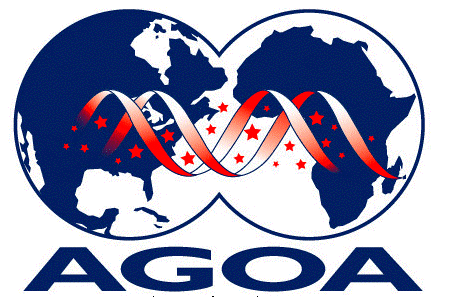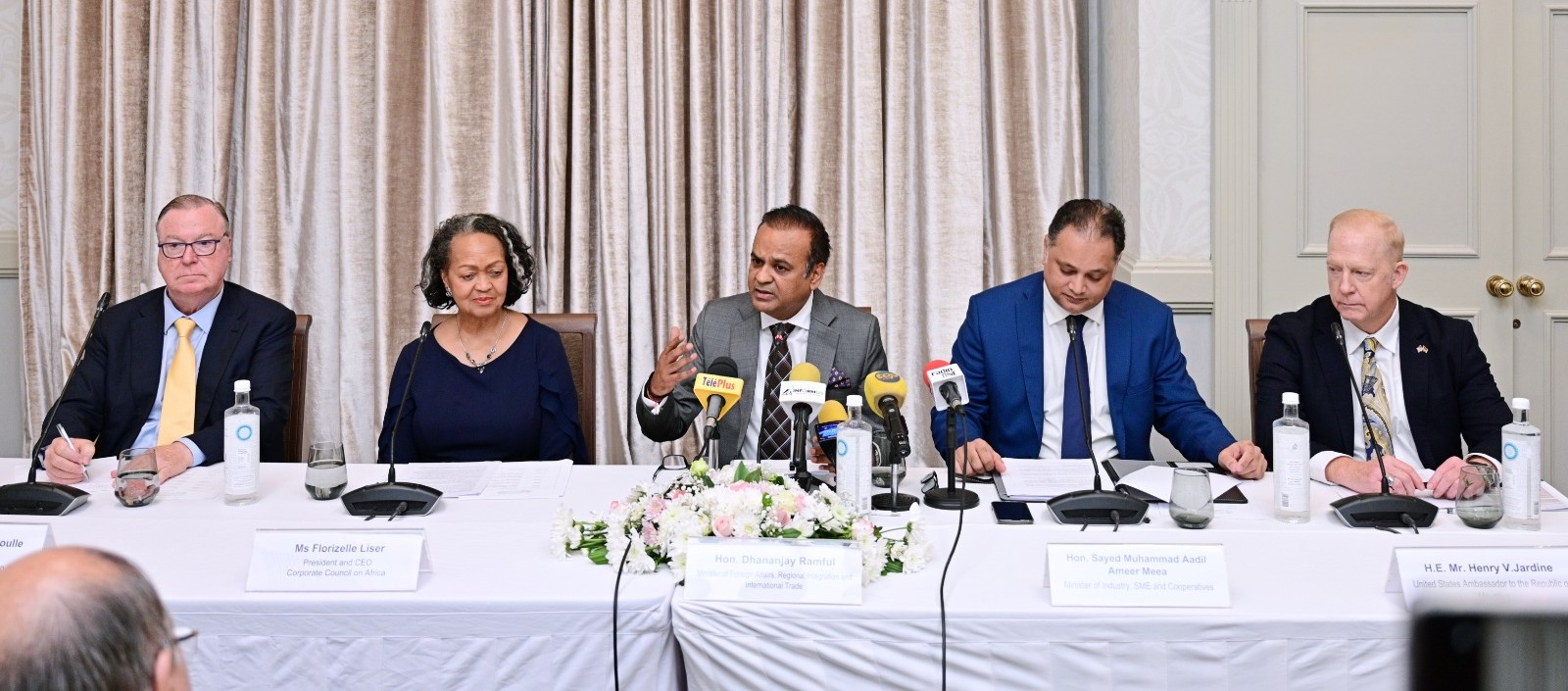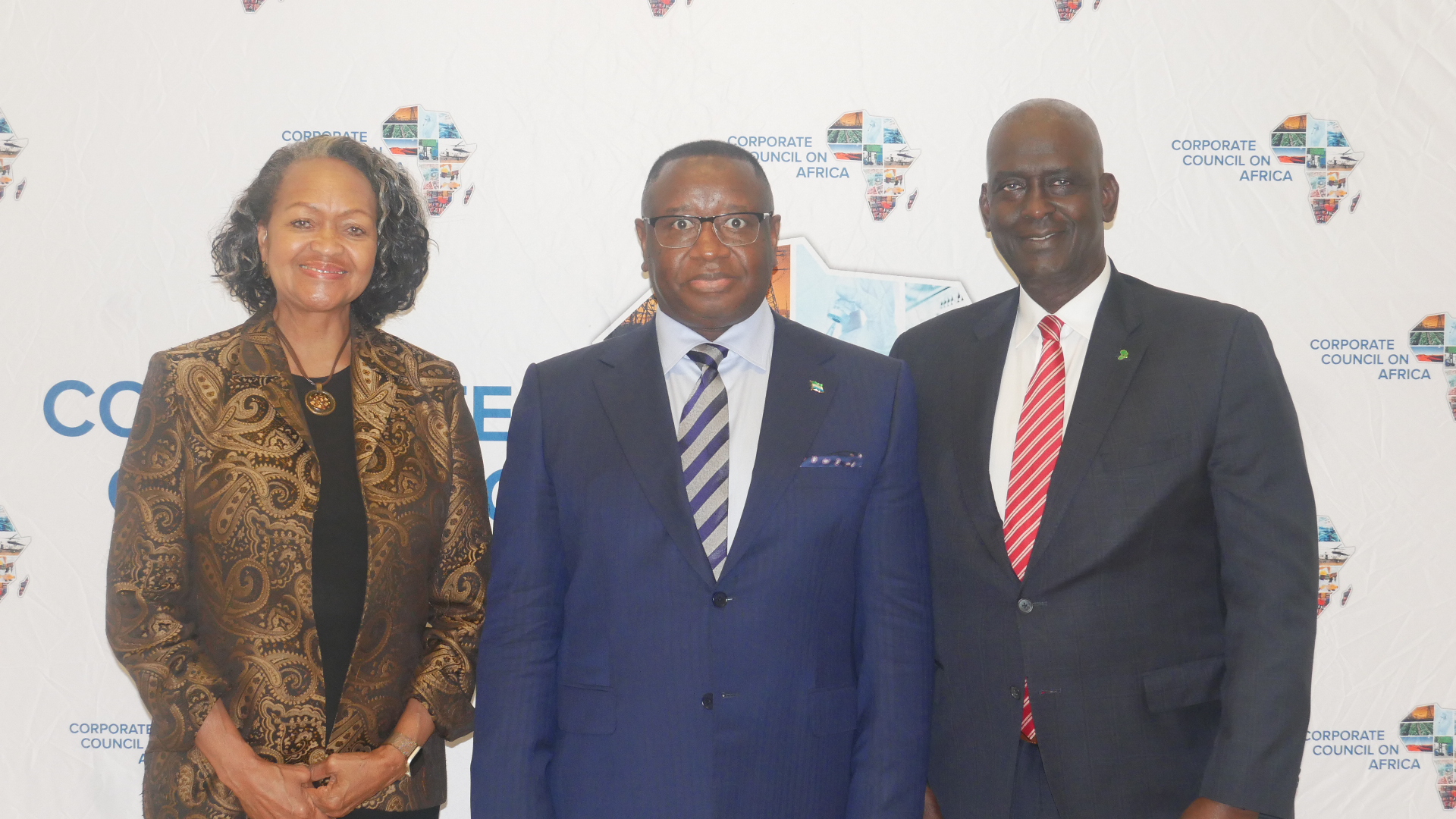U.S.-Africa Business Summit 2024: Plenary: Women’s Economic Empowerment
.avif)
The “Women’s Economic Empowerment” session discussed the many facets of Women’s Economic Empowerment (WEE) on both continents, emphasizing the significance of public-private collaboration in realizing women’s full entrepreneurial potential. The session started with videos from Ngozi Okonjo Iweala, the Director General of the World Trade Organization as well as Secretary Gina Raimondo, the U.S. Secretary of Commerce. They highlighted the value of collaboration and coordination across stakeholders at the local, national, and international levels and underlined the importance of government policies, business sector investments, and community involvement in furthering WEE goals. The plenary began with insights Lesotho’s Deputy Prime Minister, Honorable Nthomeng Majara who emphasized the essential need to eliminate the hurdles that prevent women from accessing the funding, information, and resources they need to succeed in business. She stressed the significance of programs that promote cross-border collaboration and provide capacity-building assistance to female entrepreneurs. Karyn Harrington, Vice President of Public Affairs, Communications, and Sustainability at Coca-Cola Africa provided her thoughts on business programs geared at empowering women. She cited Coca-Cola’s partnerships in Nigeria, particularly in waste management and employment creation, as examples of how to use business possibilities to empower women and promote sustainability. Chidi Blyden, Deputy CEO of the Millennium Challenge Corporation, underlined the multiplier effect of enabling female entrepreneurs on economic development. She addressed the need of public-private partnerships in establishing a conducive environment for women-led enterprises to succeed. Blyden also emphasized the importance of inclusive policies that promote gender equality and provide opportunity for women in a variety of areas. Finally, the discussion emphasized the transformative role of WEE in creating meaningful US-Africa trade, investment, and business collaborations. It urged all stakeholders to make ongoing efforts to build an inclusive ecosystem that allows women to fully participate and thrive in the global economy such that women may emerge as significant catalysts for economic growth and long-term development in Africa and beyond. During the Q&A session, the panelists answered questions about the unique hurdles that women entrepreneurs face, the role of technology in increasing market access, and ideas for scaling up successful empowerment initiatives. The conversations highlighted the issues’ complexities and the necessity for comprehensive measures that address structural barriers while utilizing women entrepreneurs’ unique strengths.



